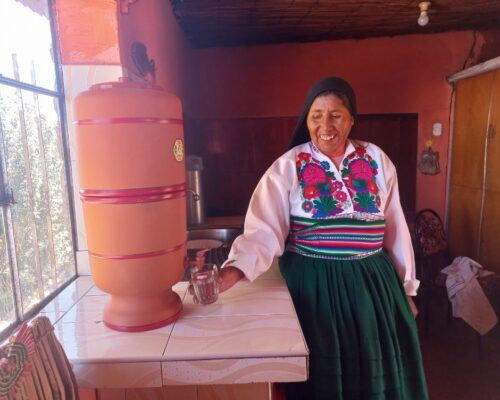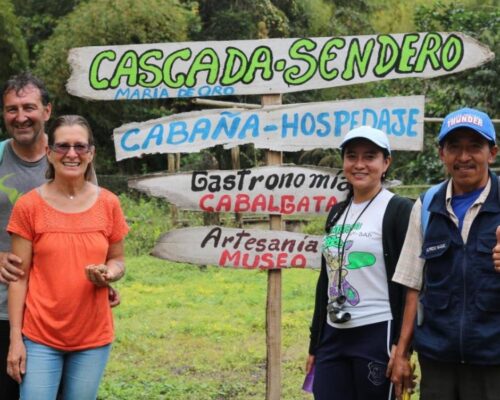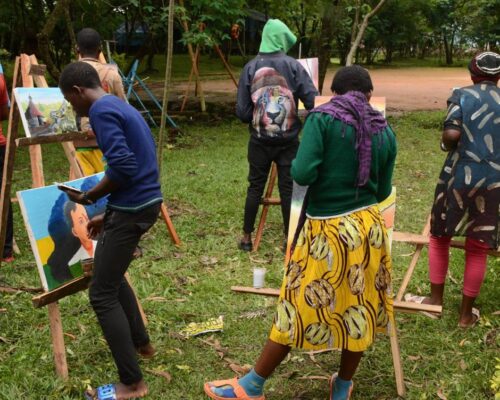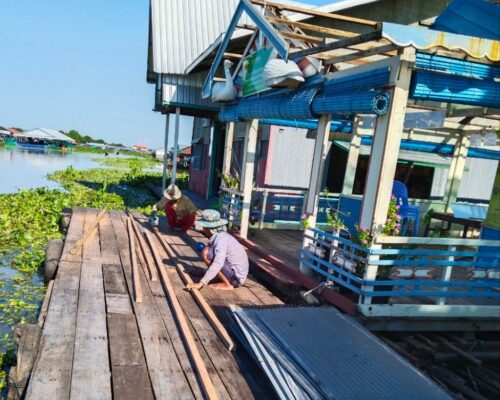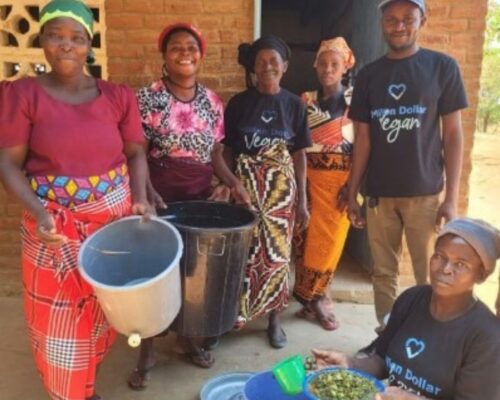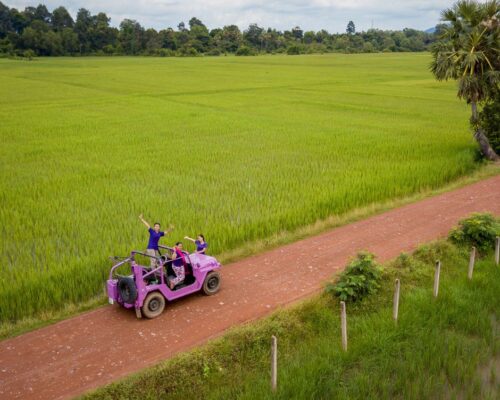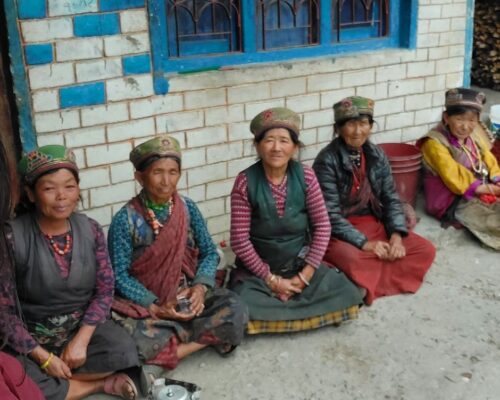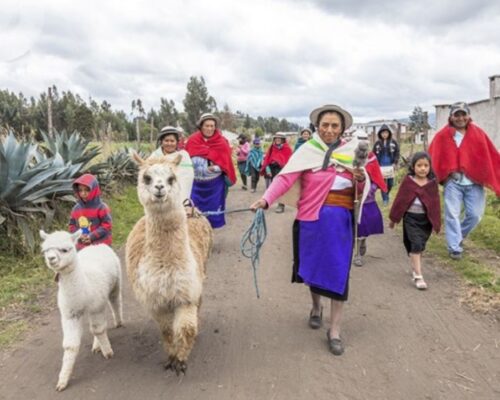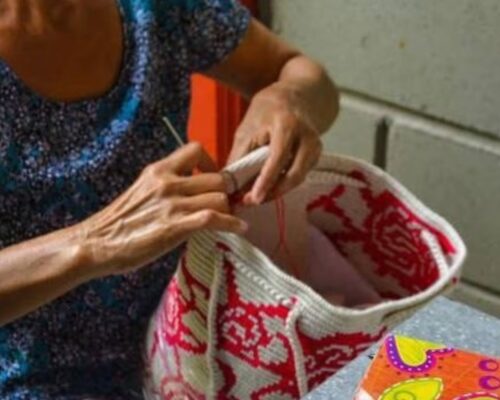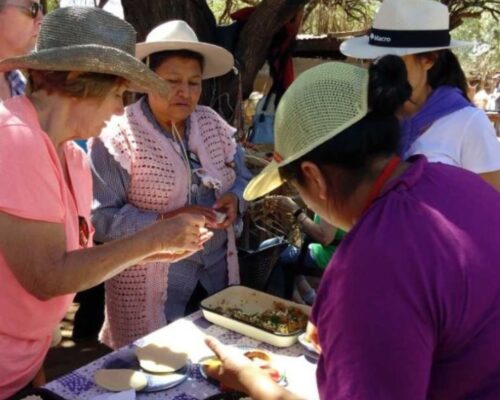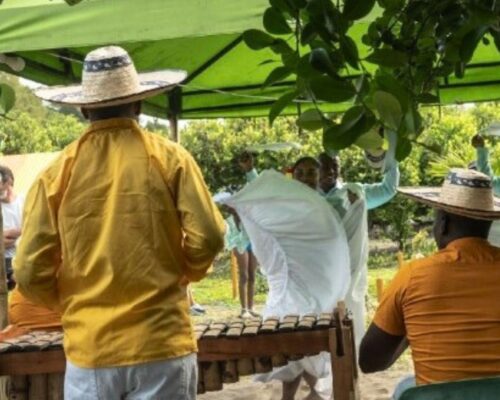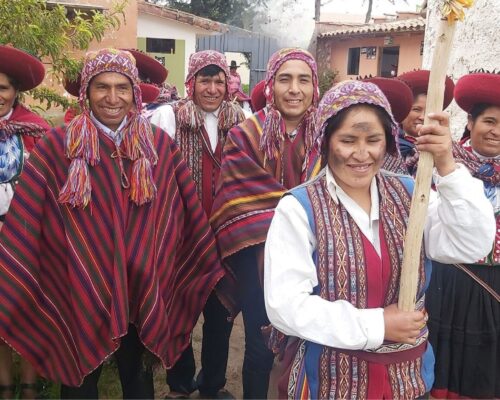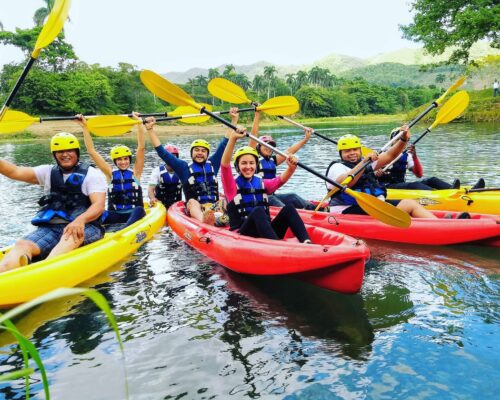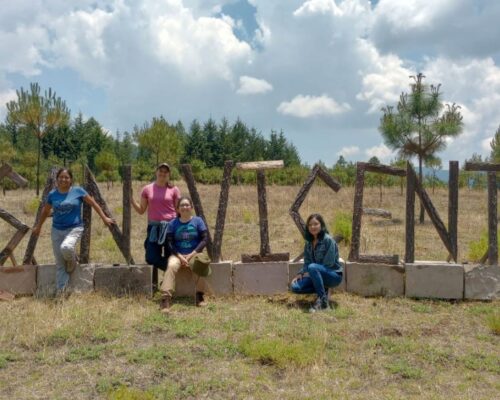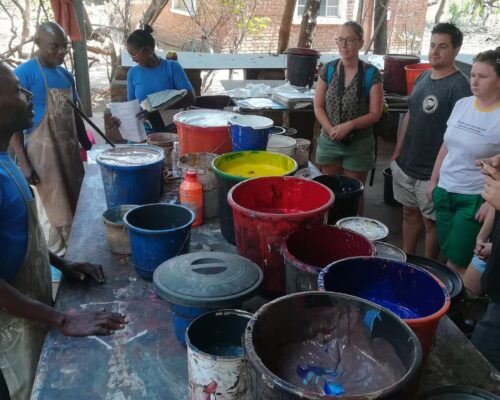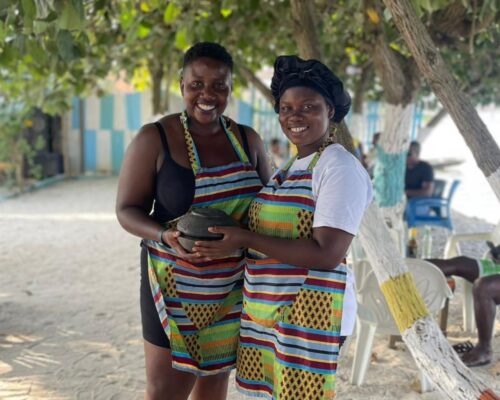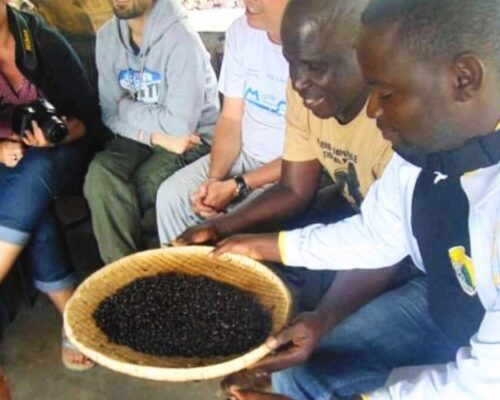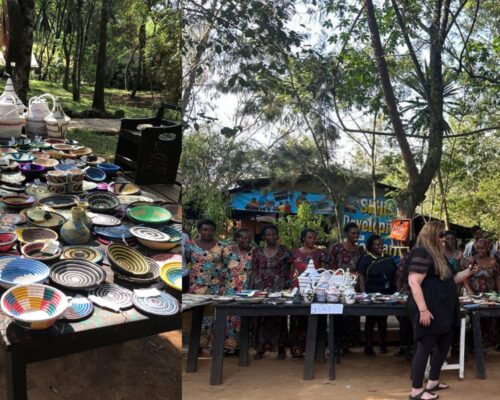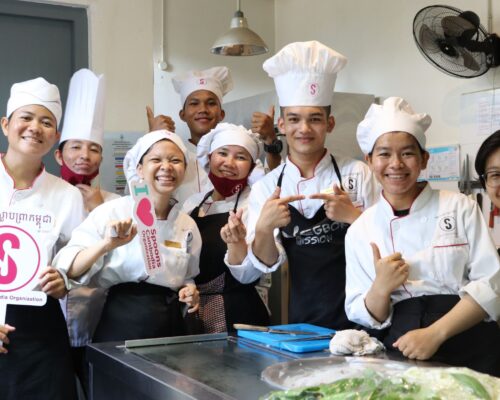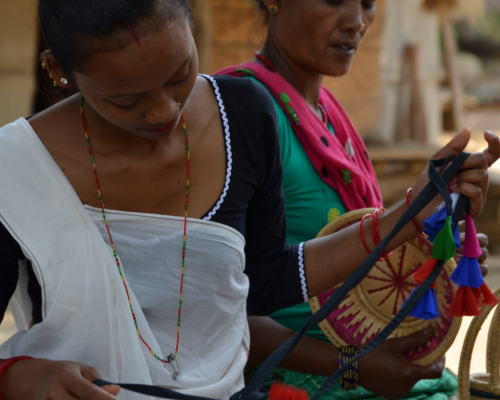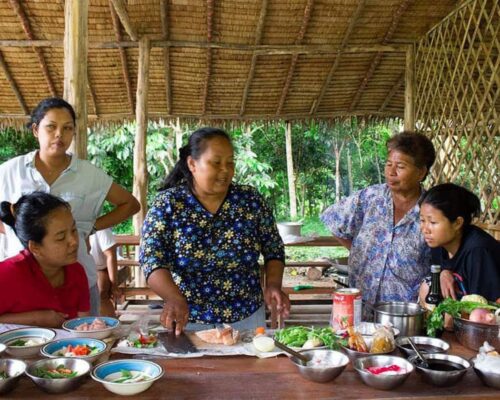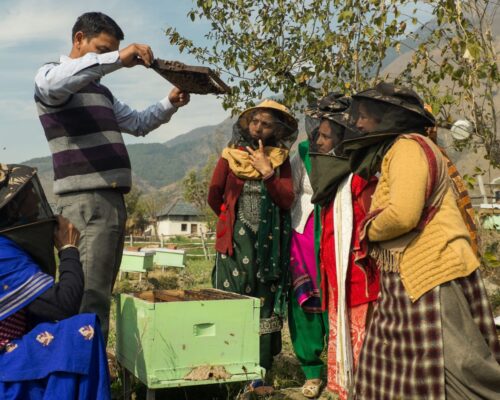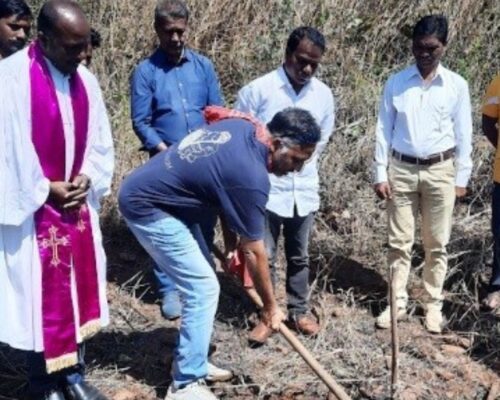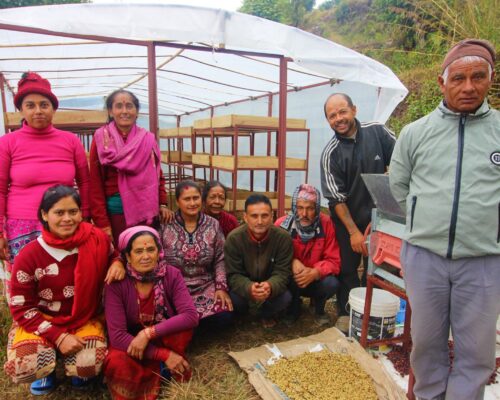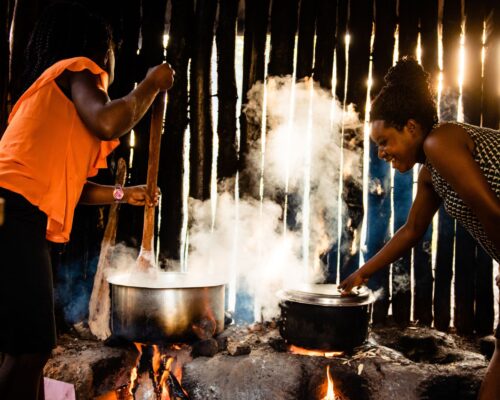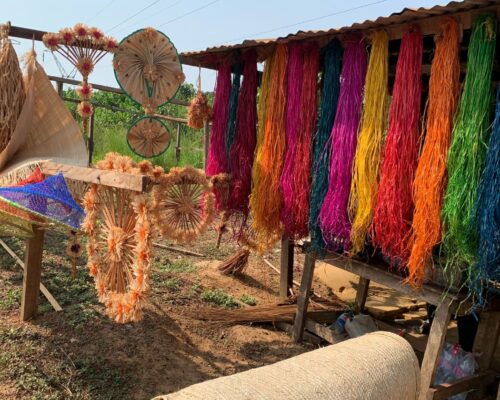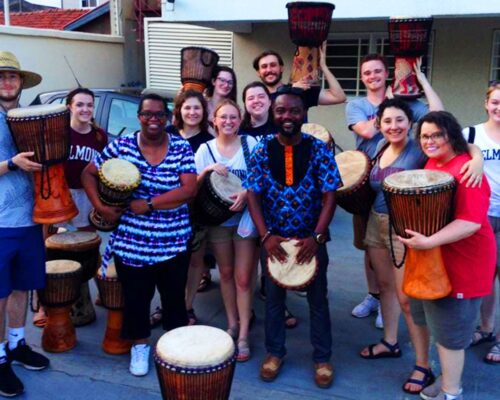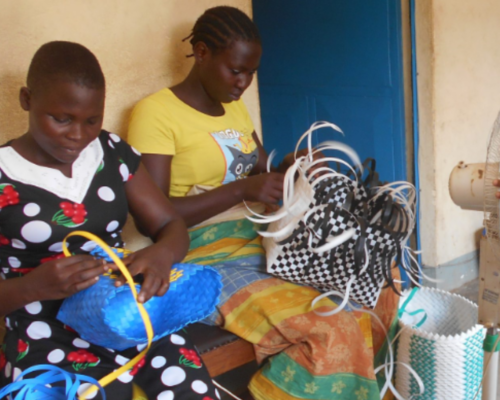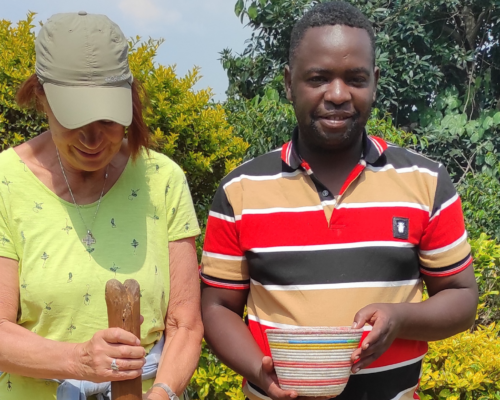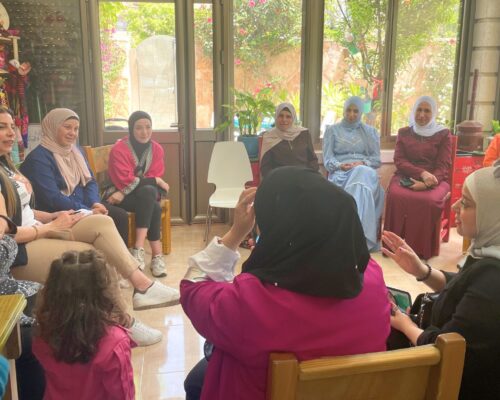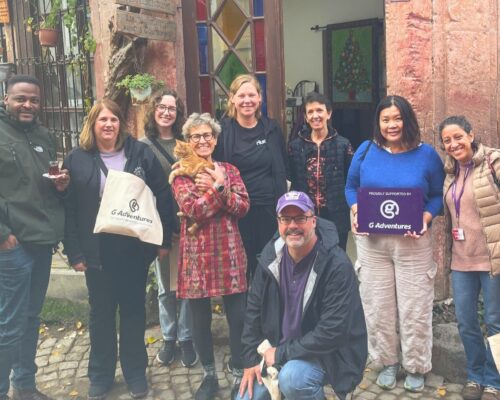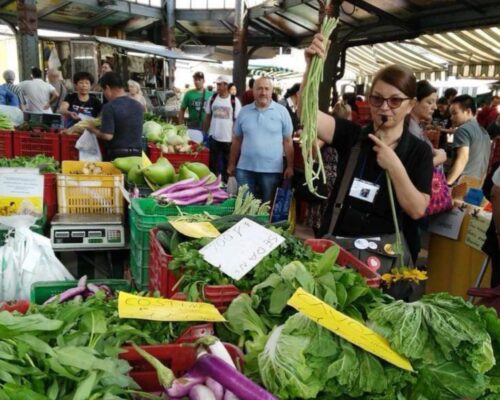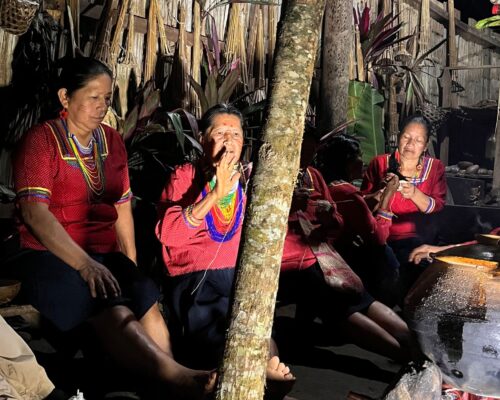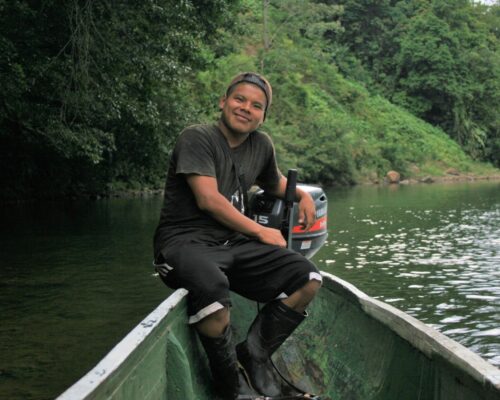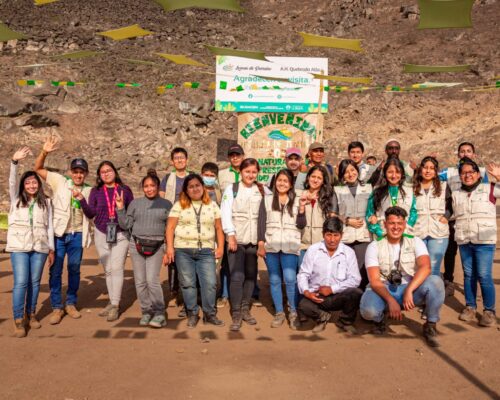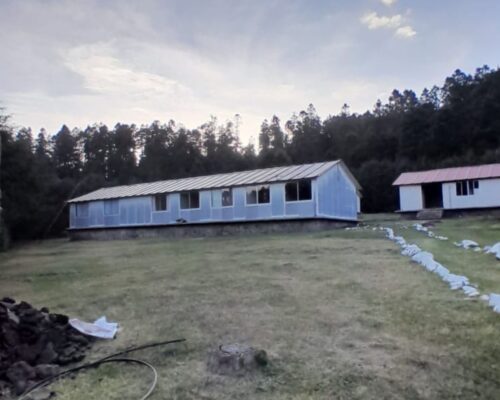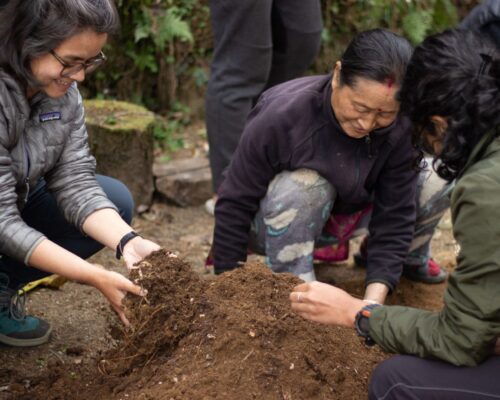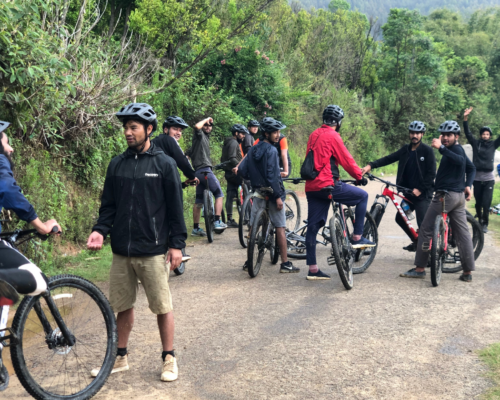GLOBAL COMMUNITY TOURISM FUND
A fund that provides small grants and mentorship to community tourism enterprises (CTEs) to accelerate growth and impact through new or improved quality of tourism experiences.
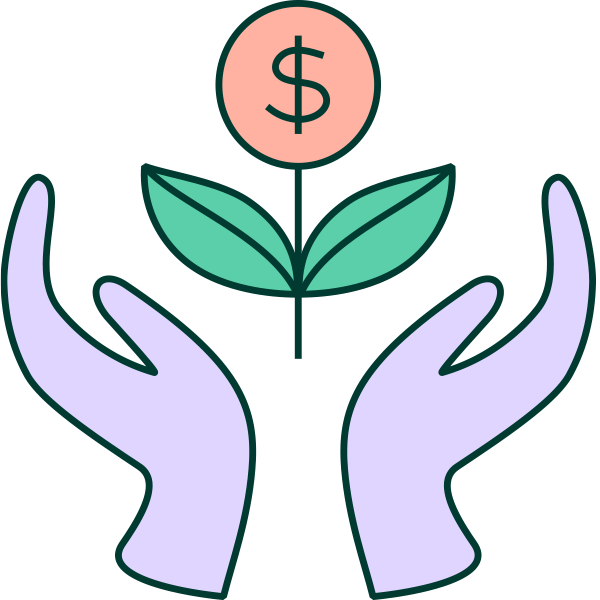

About the Fund
The Global Community Tourism Fund is an initiative of Planeterra that seeks to promote entrepreneurship and innovation for community tourism enterprises (CTEs) within the Global Community Tourism Network, creating the ability for enterprises to scale up and improve existing tourism experiences with high growth and impact potential.
The Global Community Tourism Fund provides small grants and mentorship in the following areas:
- Creation of new experiences within existing enterprises based on market demand
- Improvements to existing experiences based on market demand
- Investment in the infrastructure needed to improve the quality or safety of tourism experiences
- Marketing initiatives based on demand
- Necessary training or professional development for staff
- Creation of nature-positive solutions and/or experiences (for example an addition of a restoration program, nature-based walking tour, etc.).
The application period for the 2025 Global Community Tourism Fund is now closed. Stay tuned for future opportunities.
Who can apply?
To apply for the GCT Fund, community tourism enterprises must:
- Be an approved member of the Global Community Tourism Network.
- Be an active member of the Planeterra Learning Hub platform.
- Have been an Impact Partner of the Global Community Tourism Network for at least 30 days at the time of application
- Have proven tourism potential, having hosted travellers in the past.
- Be legally established with an organizational bank account to receive the funds.
- Have the ability to track and manage financial reports, or show a willingness to learn.
- Actively participate in the Global Community Tourism Network activities.
Not yet a member of the Global Community Tourism Network? Join here.
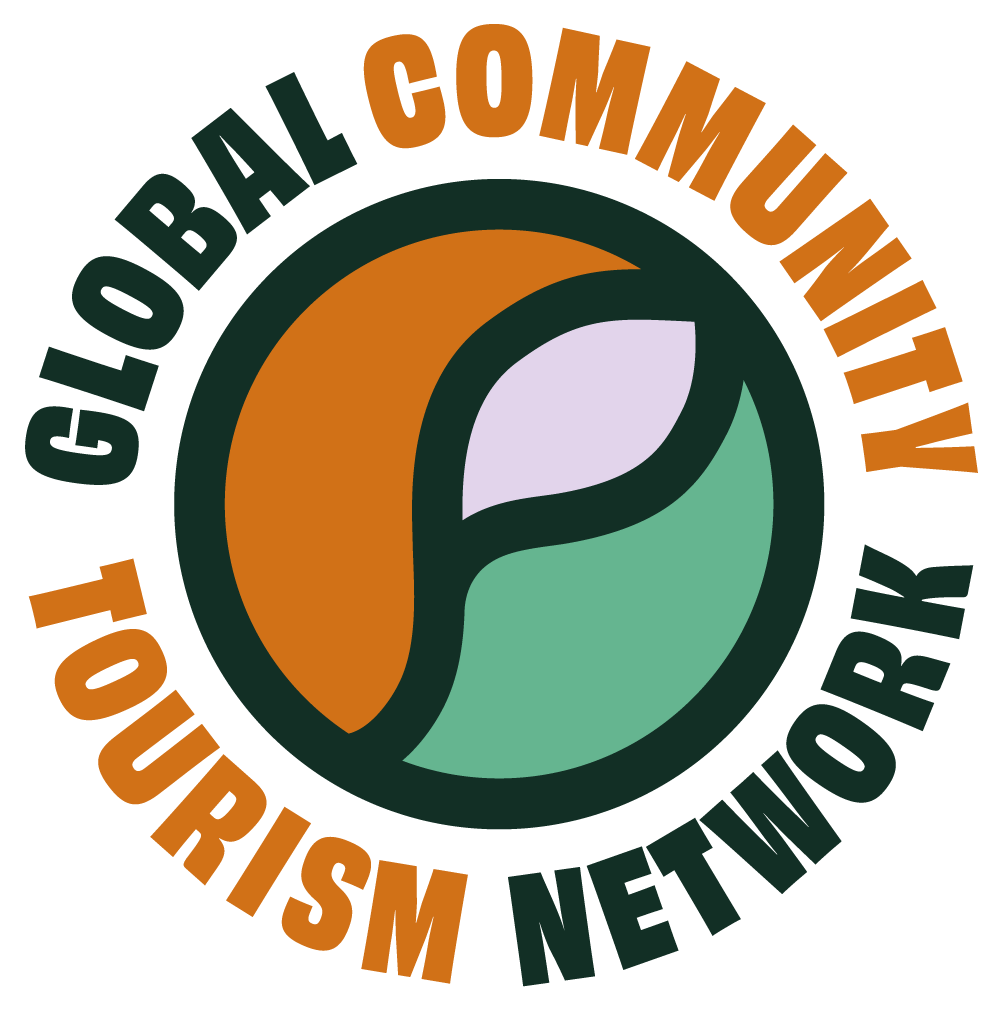
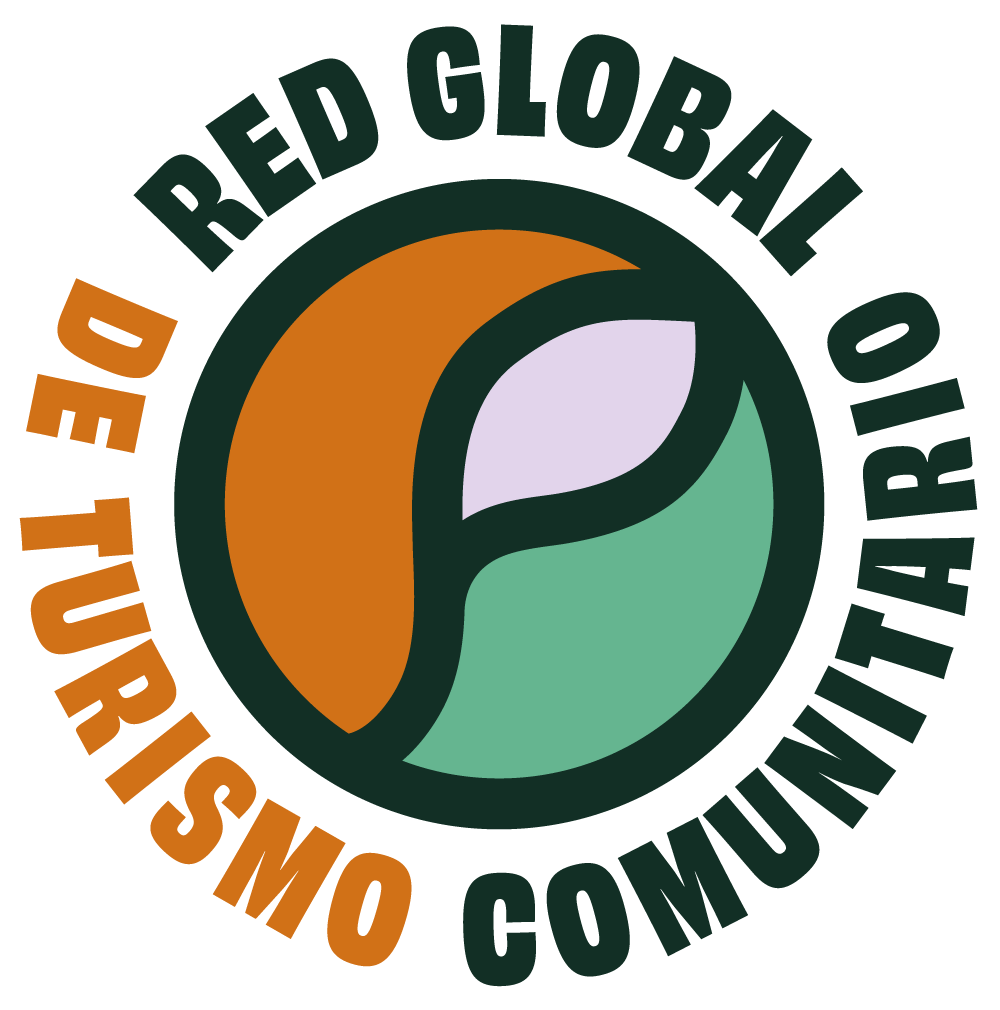
The Fund will prioritize projects that:
- Have a proven ability to scale profits and impact
- Provide a product or service differentiated from local competitors
- Have a responsible value chain (supply chain)
- Are innovative and are based on existing research and/or proven models
- Work to solve at least one of the 17 Sustainable Development Goals (SDGs)
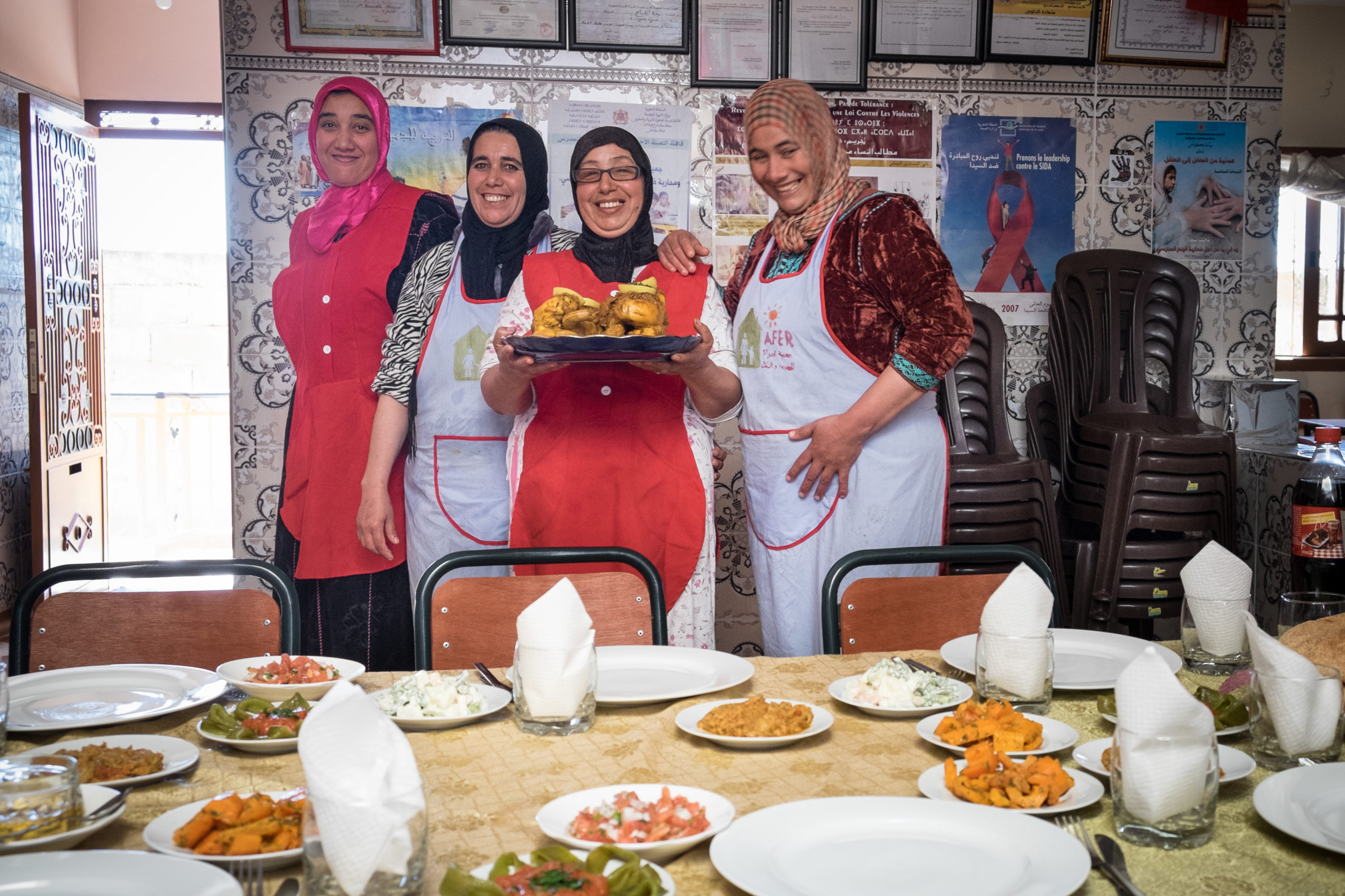

What type of activities can be funded?
- Consulting, advisory and specialized technical services focused on enterprise growth, including training and capacity building.
- Market studies, focus groups and other studies to validate the model of business and inform future growth.
- Improvement of tourism facilities that increase functionalities or expansion of the enterprise.
- Equipment to improve tourism services.
*The application period for the 2025 Global Community Tourism Fund is now closed. Stay tuned for future opportunities.
Meet the previous recipients of the Fund
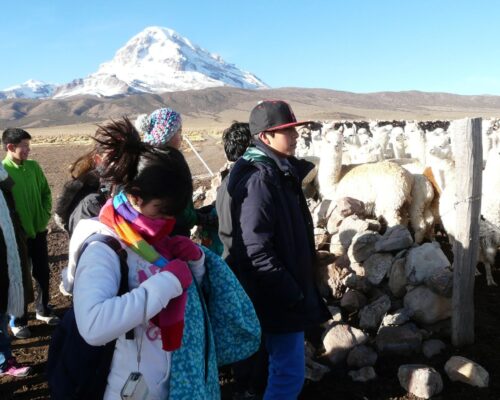
Soc. de Turismo Comunitario Suni Uta Choquemarca, Bolivia
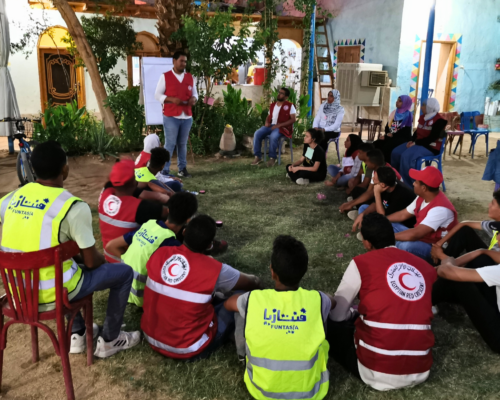
Funtasia for Training, Egypt
Invest in the future of community tourism
Support the growth of the Global Community Tourism Fund and help Planeterra continue to break down barriers for local entrepreneurs and communities worldwide.



